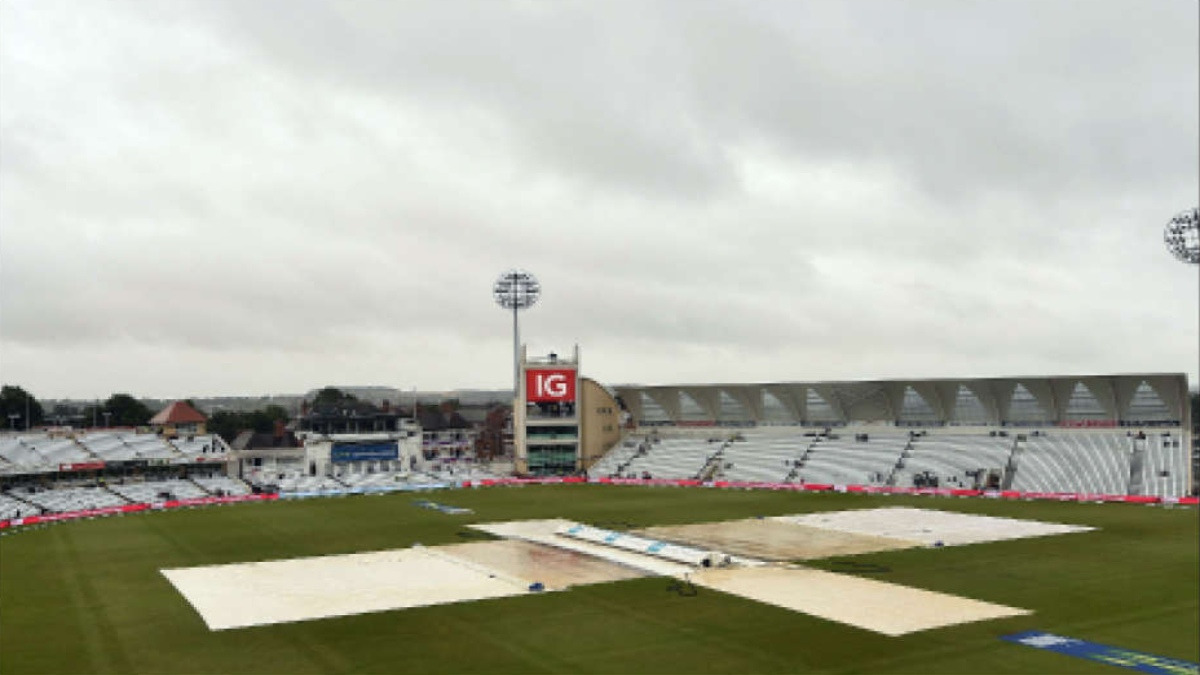
Pakistan is playing good cricket, trouncing first India and then New Zealand at the World T20 championship. Both its victories were well deserved and could mark a resurgence of Pakistani cricket after a prolonged slump, during which international teams stopped visiting that country and team performance went from bad to worse. But then the praise stops there, for the less said the better about Pakistanis in cricket. With Shoaib Aktar, Waqar Yunus and others justifying the Two-Nation theory while discussing India-Pakistan cricket, saying things like there’s something special about a Pakistani offering namaaz among Hindus, asking questions about the importance of defeating kafirs…if there was a trophy for bigotry, the Pakistanis would have won it hands down. Moreover, there is no criticism of all this from the Pakistani population in general, for the thought process behind such utterances seems to have been normalized in that country.
Perhaps this has been the real face of Pakistani cricket all along, notwithstanding the glamour that their players added to the sport in the yesteryears. After all, their most successful and “modern” captain, Imran Khan turned out to be a Neanderthal once he joined politics and became Prime Minister, going around wooing radical clerics and spewing prehistoric views on how women should dress, among other things. In fact, the cricketers seem to be a reflection of the Pakistani milieu, where the overwhelming majority appears either indifferent or insensitive, or both to the minorities, where discrimination against minorities has been institutionalized, where a whole population is being taught a false history of a glorious past where the “other” was always defeated and stayed subservient to the will of the “racially superior”. So Waqar Yunus may apologise for his namaaz remark, but the problem is the mindset he revealed, raising questions about the extent to which this mindset prevails in Pakistan.
This exultation was evident even in Pakistani minister Sheikh Rashid’s viral video, where he labelled Pakistan’s victory over India as a victory of Islam over Hindus and said that Muslims worldwide, including Indian Muslims were celebrating it. The statement was essentially mischievous, for it attempted to “otherise” India’s minority community, by making them suspect in the eyes of the majority. In spite of being a buffoon, Rashid played a dangerous game and it would be foolish on the part of Indians to play into his hands. Hence, when a small section of the minority community in India celebrates Pakistan’s victory, they actually help Sheikh Rashid to drive a wedge between the majority and the minority, thus allowing people to unfairly question the loyalty of the minority community to this country. In this case, there is no freedom to choose whose victory to celebrate, given the long history of animosity and enmity between the two countries. Even otherwise, it would be really strange for Indians to be bursting crackers celebrating India’s defeat against any country, not just Pakistan. Let’s hope that saner heads will prevail and the damage done will be repaired.
And since we are talking cricket, might as well ask: what were the Indian players thinking when they took to the knee for the #BLM movement? How many black players are there in the Indian team, or have ever been? Why are Indians suddenly showing solidarity to a cause that India has never had anything to do with? This is not an attempt to criticize #BLM, but just to ask wouldn’t it have been better for Indians to pick up a cause that resonates with this country? Activism and sports make for a bad mix, so should be avoided. But if Indian cricketers were really keen to be seen as trendy “internationalists”, they could have always picked up climate change as a cause, especially since the World Cup schedule is coinciding with the climate change summit in Glasgow. Else what we are witnessing is the team appearing deracinated and thus being trolled both on social media and in TV studios. Whatever might have been the good intention behind it, the act of taking to the knee—and that too on a day the team got walloped by Pakistan—backfired spectacularly.
So the advice to all teams at this juncture is: concentrate on the game, leave your bigotry and activism outside the playing arena.